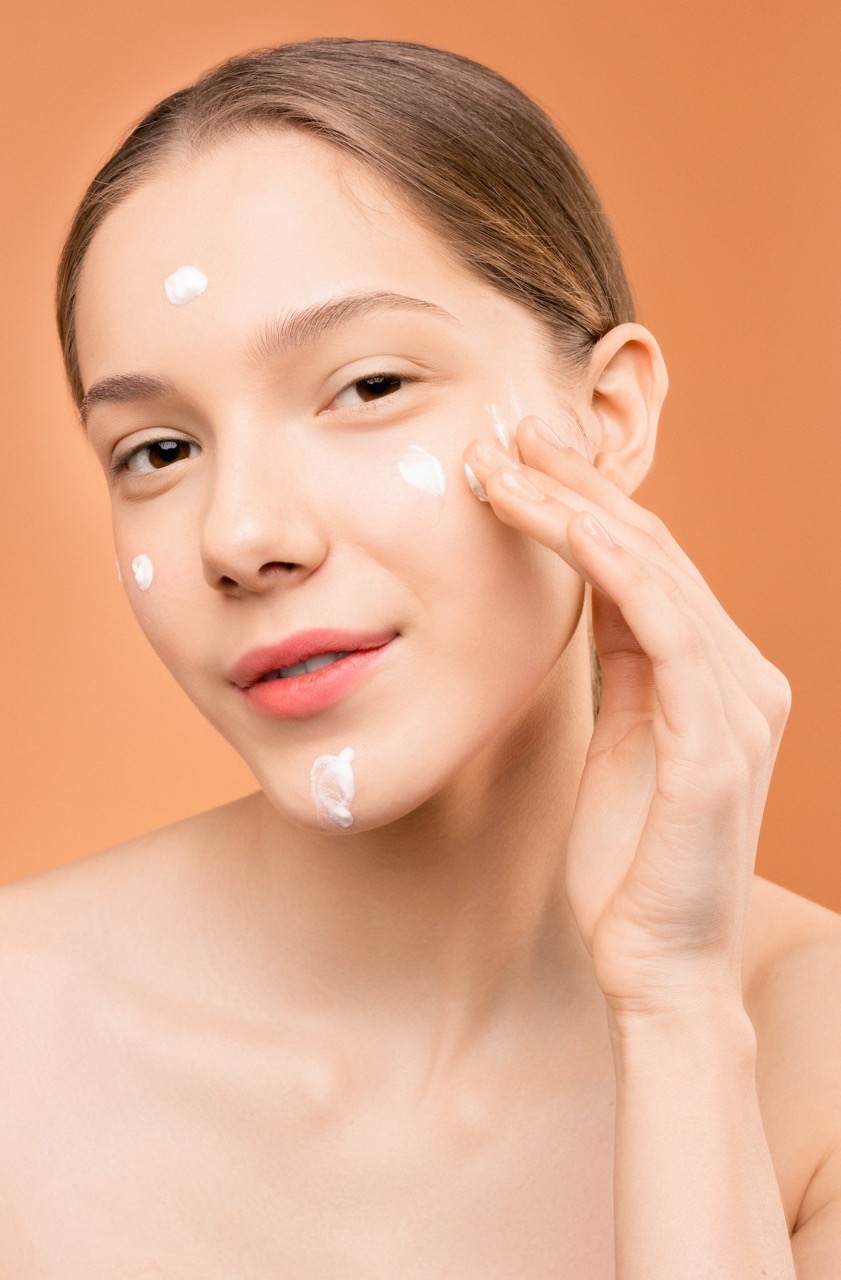Ingredients Used in Facials: A guide to the various components used in facial services, such as vitamin C, hyaluronic acid, and retinol, and their benefits for the skin
Introduction
Facial services have become increasingly popular over the years as more and more people search for ways to improve the health and appearance of their skin. A critical factor contributing to facial service effectiveness is the ingredients used in the products and treatments. Elements such as dryness, aging, acne, and hyperpigmentation are crucial in addressing skin concerns.
This article will explore the most common ingredients used in facial services, such as hyaluronic acid, vitamin C, retinol, salicylic acid, and aloe vera. We will also discuss the benefits of these ingredients for the skin and how they can be used to create personalized facial treatments.
Hyaluronic Acid
Hyaluronic acid helps skin stretch and flex and reduces skin wrinkles and lines is a naturally occurring molecule in the skin that can detain up to a thousand times its weight in water. In facial services, it is commonly used as a hydrating ingredient that helps to plump up the skin, minimizing the visibility of fine lines and wrinkles. Hyaluronic acid is also known for improving the skin’s texture and overall radiance, making it a popular ingredient in many facial serums and moisturizers.
Vitamin C
Vitamin C is a potent antioxidant that can help brighten skin tone, reduce inflammation, and protect the skin from free radical damage. In facial services, it is often used as a serum or mask, as it can help improve the appearance of hyperpigmentation and promote collagen production. Vitamin C can also help prevent aging signs, such as fine lines and wrinkles, making it a popular ingredient in many anti-aging facial treatments.
Retinol
Retinol is a form of vitamin A known for its power to improve skin texture and color and reduce the appearance of fine lines and wrinkles. It can also help to support collagen production, making it a popular ingredient in many anti-aging facial treatments. However, retinol can irritate some skin types, so working with a licensed esthetician is essential to determine if it is a suitable ingredient for your skin concerns.
Salicylic Acid
Salicylic acid is a beta-hydroxy acid commonly used in facial services to help unclog pores and reduce inflammation, making it ideal for acne-prone skin. It works by dissolving the oil and dead skin cells that can lead to breakouts, helping to prevent new blemishes from forming. Salicylic acid can also help improve the skin’s overall texture, making it a popular ingredient in many exfoliating facial treatments.
Aloe Vera
Aloe vera is a plant-based ingredient known for its soothing and hydrating properties. It can help to reduce reddening and inflammation, making it a popular ingredient in facial treatments for sensitive skin. Aloe vera can also help improve the skin’s overall texture, leaving it feeling soft and smooth.
Customized Ingredient Blends
One of the benefits of facial services is the ability to customize treatments to meet individual skin concerns and needs. Estheticians can blend different ingredients to create personalized facial treatments that address specific skin concerns, such as dryness, aging, acne, or hyperpigmentation. Customized ingredient blends may include a combination of the abovementioned ingredients and other beneficial ingredients like green tea, chamomile, or glycolic acid.
Conclusion
The ingredients used in facial services play a critical role in improving the health and appearance of the skin. Each component offers unique benefits for the skin, from hydrating ingredients like hyaluronic acid to anti-aging ingredients like retinol and vitamin C.




